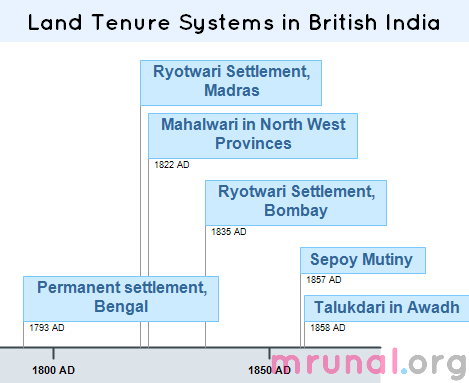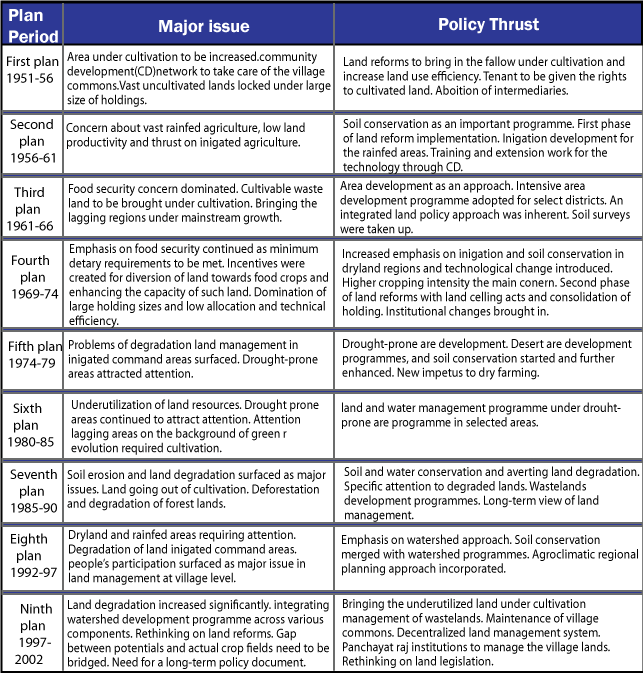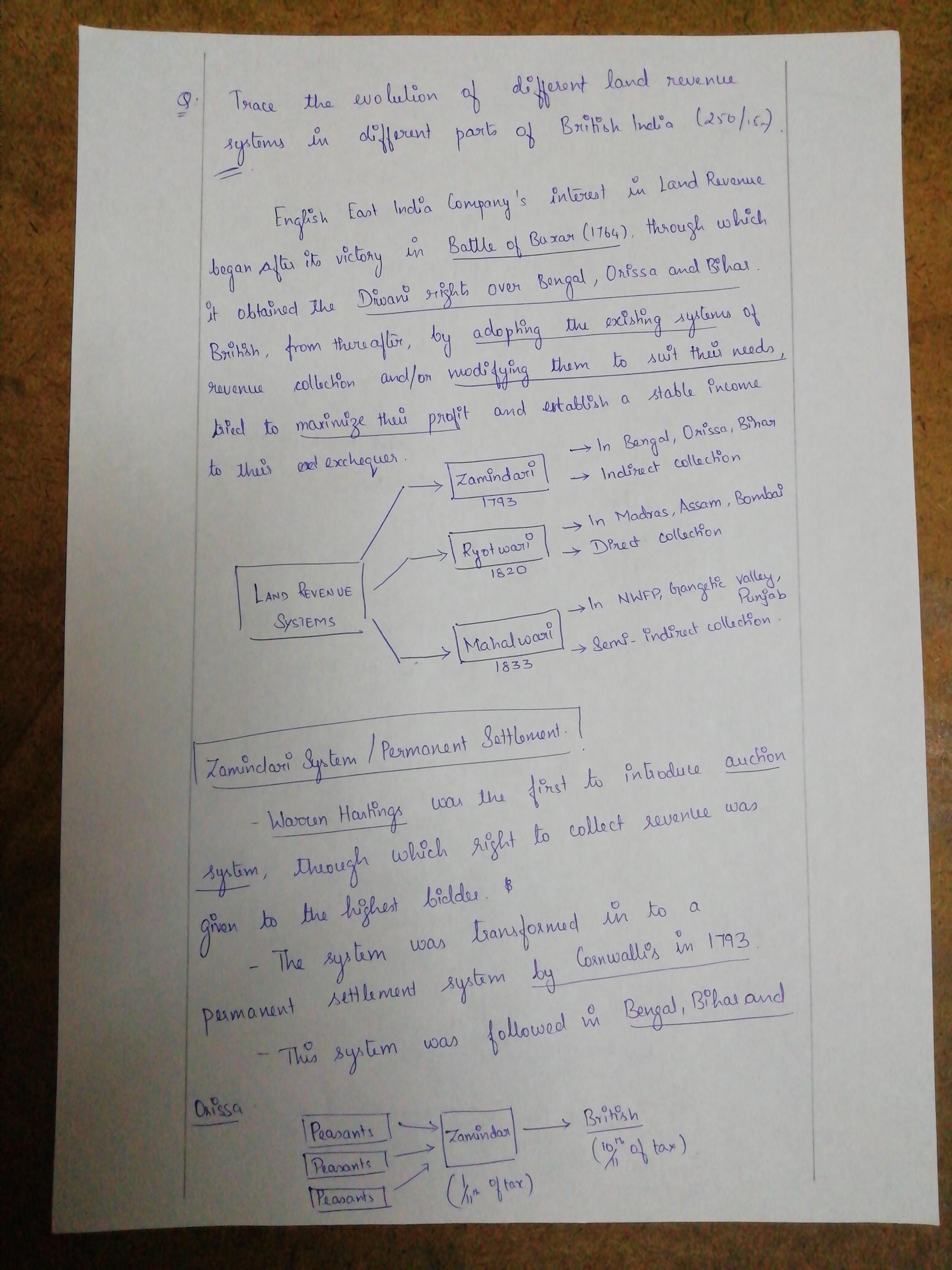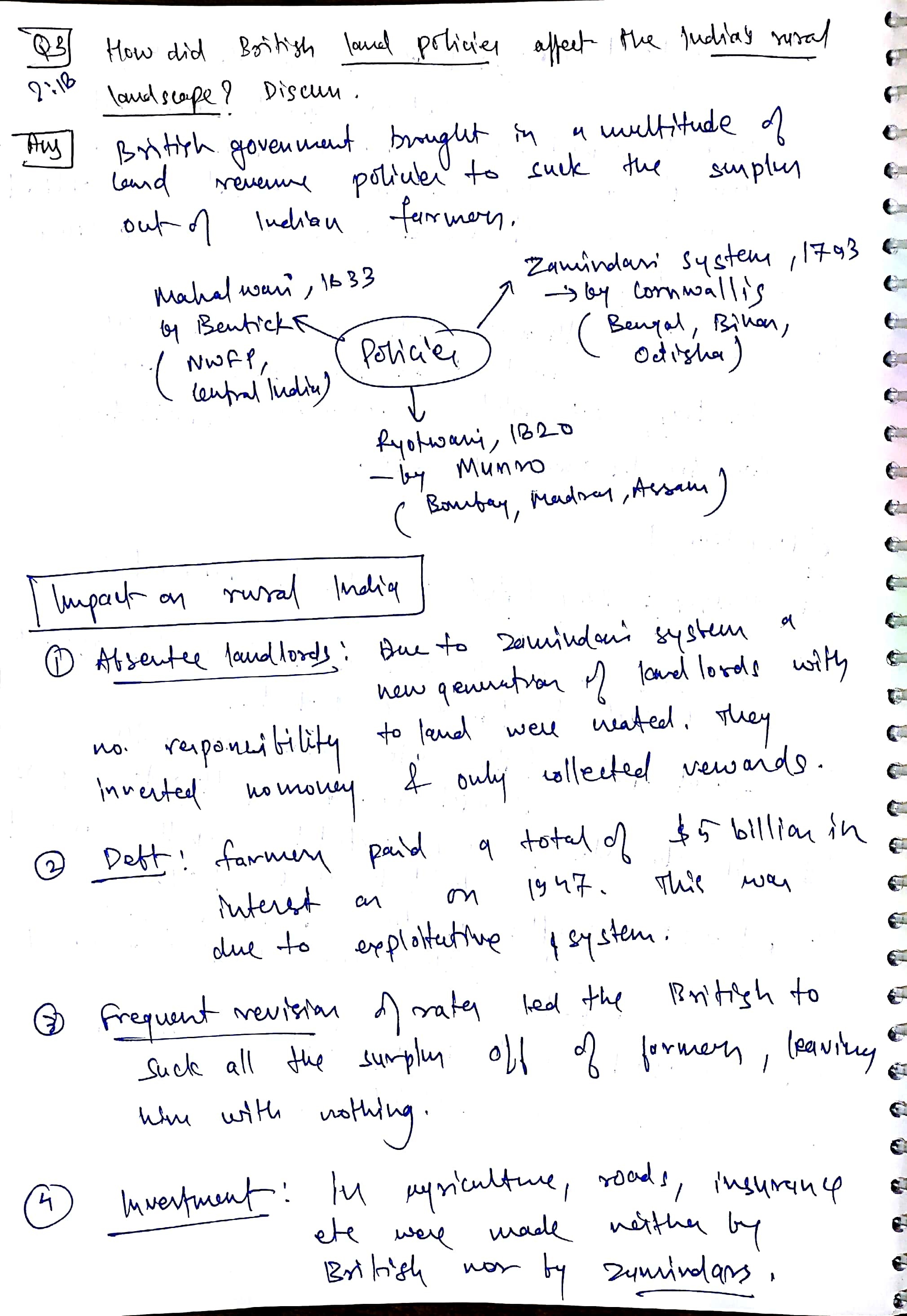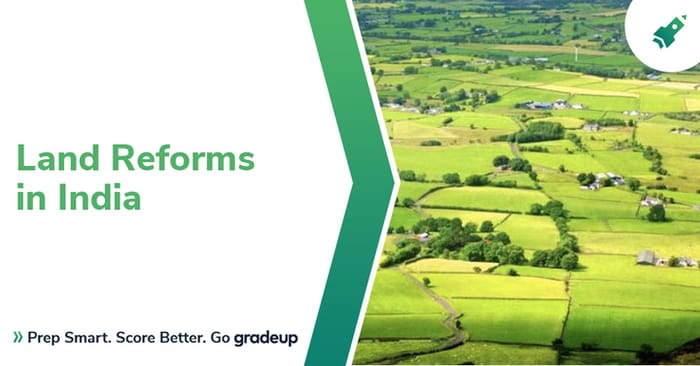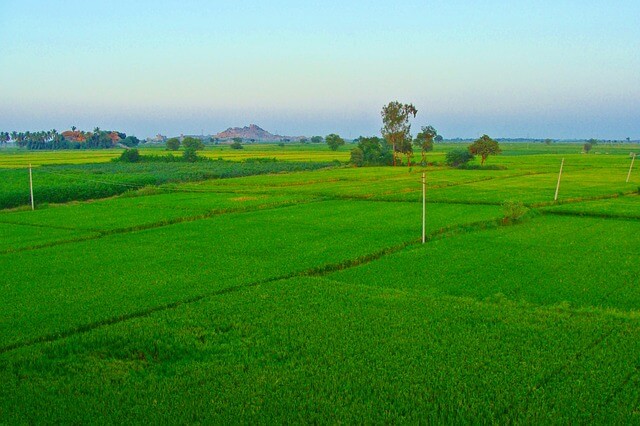Land Revenue Laws In India Upsc

Land reform involves the changing of laws regulations or customs regarding land ownership.
Land revenue laws in india upsc. Can t cultivate it on their own. Land revenue was as high as 50 to 75 of the gross produce. Land reforms in india short notes upsc ias. Sale of land to moneylenders as a result of a failure in repaying the debt.
There were taxes on various. The zamindari system was finally abolished by law after independence. The intermediaries were primarily collectors of land revenue although they did sometimes own some land in the area from which they collected revenue. Private owners of workshops paid an industries tax.
The intermediaries were primarily collectors of land revenue although they did sometimes own some land in the area from which they collected revenue. Upsc csat 2016 1 only. Let s look at the causes of failure of land reforms in india which may be important for the upsc mains answer writing. They pay revenue to the state.
Which of the statements given above is are correct. As revenue was demanded in the form of cash farmers started cultivating cash crops instead of food crops that could give them immediate cash. Now let s have a quick look at the different methods of land revenue collection systems which existed in india. Advance publicity and less work much publicity is given in advance by the politicians of the ruling party to the proposed land reforms after independence.
Own hundreds of acres of land. Earns revenue for doing 1 2. The tax rate on land was fixed depending on the quality of the land. Rich farmers zamindars etc.
Land reform may consist of a government initiated or government backed property redistribution generally of agricultural land. In 1951 the first amendment of the constitution of india amended article 19 and article 31. The land revenue policy in india can studied into three following heads the permanent settlement. Neither 1 nor 2.
The guy who owns land. Maintains law and order. And as per the new syllabus land reforms in india is specifically mentioned for gs mains and the relevance just got multiplied. The right to property was modified to allow the states to legislate on ending the zamindari system.
Land revenue varied according to nature of cultivated land. For upsc land revenue systems in british india is always a hot topic for prelims and mains. Land reform legislation in india is categorized in to four main sections that include abolition of intermediaries who were rent collectors under the pre independence land revenue system tenancy regulation that attempts to improve the contractual terms faced by tenants including crop shares and security of tenure a ceiling on landholdings with a view to redistributing surplus land to the. Productivity declined because of the fragmentation of farmland.
Both 1 and 2. In 1773 the british company decided to manage the land revenues directly. In 1773 the british company decided to manage the land revenues directly.


